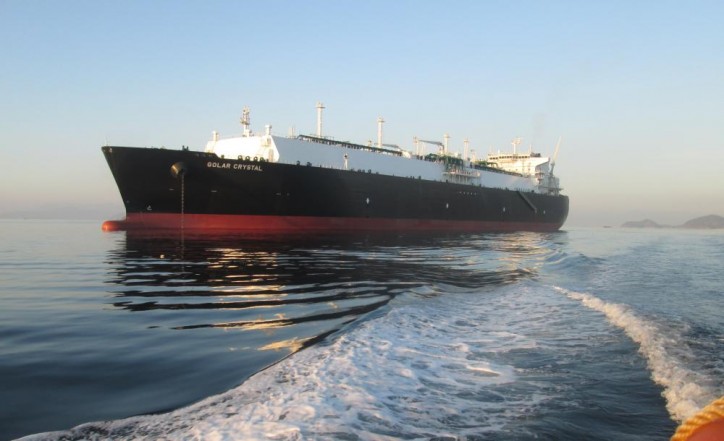Yesterday (Aug 18), the Golar LNG Ltd., GasLog Ltd., and Dynagas Ltd. LNG carrier owners and operators made an announcement that they have managed to reach an LNG carrier pooling agreement for marketing their respective ships, which are currently conducting their activities in the LNG shipping spot market.
The LNG Carrier Pool is going to make it possible for the participating parties to optimize the pool vessels’ operation via improved cost efficiencies, scheduling ability and marketing strategies.
“The LNG Carrier Pool’s objective is to oblige the steadily growing LNG shipping market’s transportation requirements by supplying clients with solutions that display a higher level of flexibility, reliability and innovativeness in order to comply with their increasingly complex requirements regarding all aspects of shipping,” the joint press release pointed out.
The LNG Carrier Pool is to be named The Cool Pool and is going to initially feature 14 cutting-edge, high quality vessels that are to be powered via the fuel efficient Tri Fuel Diesel Electric (TFDE) propulsion technology. The above-stated three owners’ initial number of ships that are eligible to contribute to the Cool Pool are the following: Gaslog: 3 ships, Dynagas: 3 ships, Golar: 8 ships. Each of the ship owners is going to continue bearing full responsibility regarding his respective vessels’ manning and technical management procedures.
Tony Lauritzen has been appointed to take full responsibility regarding the running of the Cool Pool and Morten Nielsen is to serve as Pool Manager. The mandate is to schedule employment periods for every one of the vessels.

Photo: Dragan Cupac
According to the three companies’ joint statement, the Cool Pool is to specially focus on 12-month-or-less charters. Employment exceeding the 12-month mark is going to remain the respective ship owner’s mandate. If a given pool vessel is to be scheduled by its owner for a charter exceeding 12 months it will no longer be in the fleet of the LNG Carrier Pool.
The Cool Pool should become operational later on in September of this year.